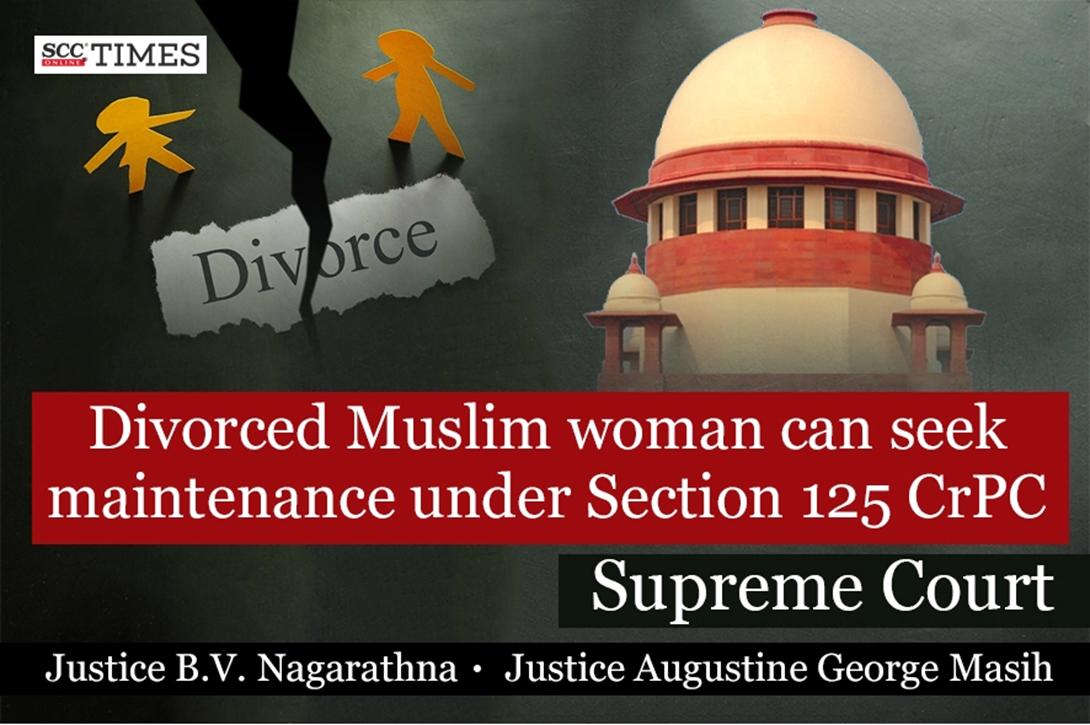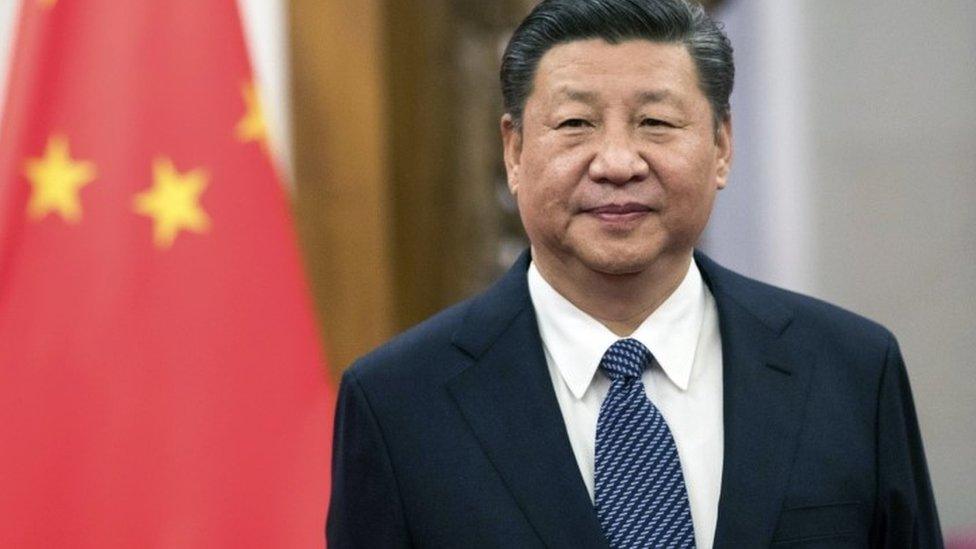- Courses
- GS Full Course 1 Year
- GS Full Course 2 Year
- GS Full Course 3 Year
- GS Full Course Till Selection
- Answer Alpha: Mains 2025 Mentorship
- MEP (Mains Enrichment Programme) Data, Facts
- Essay Target – 150+ Marks
- Online Program
- GS Recorded Course
- Polity
- Geography
- Economy
- Ancient, Medieval and Art & Culture AMAC
- Modern India, Post Independence & World History
- Environment
- Governance
- Science & Technology
- International Relations and Internal Security
- Disaster Management
- Ethics
- NCERT Current Affairs
- Indian Society and Social Issue
- NCERT- Science and Technology
- NCERT - Geography
- NCERT - Ancient History
- NCERT- World History
- NCERT Modern History
- CSAT
- 5 LAYERED ARJUNA Mentorship
- Public Administration Optional
- ABOUT US
- OUR TOPPERS
- TEST SERIES
- FREE STUDY MATERIAL
- VIDEOS
- CONTACT US
Divorced Muslim Woman's Right to Maintenance under CrPC
Divorced Muslim Woman's Right to Maintenance under CrPC

The Supreme Court has upheld a Telangana High Court ruling, rejecting a Muslim man's appeal against allowing his ex-wife to seek maintenance under the Code of Criminal Procedure (CrPC), 1973.
Key Points:
- Right to Maintenance: A divorced Muslim woman can claim maintenance from her husband under Section 125 of the CrPC, a secular law, regardless of their divorce under religious personal law.
- Section 125 CrPC: This section mandates that anyone with sufficient means must maintain his wife or minor children if they cannot support themselves. The term "wife" includes divorced women who have not remarried.
- Constitutional Philosophy: Maintenance is crucial for supporting destitute, deserted, and deprived women, aligning with Article 15(3) of the Constitution, which allows for special provisions for women.
- MWPRD Act: The Muslim Women (Protection of Rights on Divorce) Act, 1986, provides maintenance to divorced Muslim women but does not prevent them from claiming maintenance under Section 125 CrPC.
- Danial Latifi Case: In 2001, the Supreme Court ruled that a divorced Muslim woman could seek maintenance under Section 125 CrPC, even if divorced under Muslim personal law.
- Shah Bano Case: The 1978 Shah Bano Begum v. Mohammed Ahmad Khan case led to the MWPRD Act, which overturned the Supreme Court's decision to grant maintenance under Section 125 CrPC.
- Challenge to 1986 Act: The MWPRD Act was challenged for allegedly discriminating against Muslim women and violating their rights to equality and dignity. The Supreme Court upheld the Act's constitutionality but interpreted it to require husbands to prepare for the divorced wife's future needs during the iddat period.
The Muslim Women (Protection of Rights on Divorce) Act, 1986:
Purpose: The Act protects the rights of divorced Muslim women, including provisions for maintenance and related matters. It was a response to the Shah Bano case, affirming that Section 125 CrPC applies to all, regardless of religion.
Provisions:
- Divorced Muslim women are entitled to reasonable and fair maintenance from their former husbands, paid within the iddat period (typically three months).
- The Act also covers the payment of mahr (dower) and the return of marriage gifts.
- Women can opt to be governed by Sections 125 to 128 of the CrPC if both parties agree.
Evolution:
- The 2001 Danial Latifi case upheld the Act's validity and extended maintenance rights beyond the iddat period until remarriage.
- The 2009 Shabana Bano case reaffirmed that divorced Muslim women could claim maintenance under Section 125 CrPC beyond the iddat period if they do not remarry.
Section 125 of the CrPC:
Provision: A first-class Magistrate can order a person with sufficient means to provide a monthly allowance for the maintenance of:
- His wife, if she cannot maintain herself.
- His legitimate or illegitimate minor children.
- His adult children with physical or mental disabilities.
- His parents, if they cannot maintain themselves.
Supreme Court Observations:
- The Supreme Court stated that Section 125 CrPC applies to all women, ensuring that divorced Muslim women can seek maintenance under this section despite the 1986 Act.
- The Court noted that Section 3 of the 1986 Act does not restrict Section 125 CrPC but offers an additional remedy.
- The Court emphasized the importance of financially empowering wives without independent income, including those divorced through now-illegal triple talaq.
Impact:
Protection of Women's Rights: Ensures financial support for divorced Muslim women. Social Justice: Prevents women from falling into destitution. Interfaith Harmony: Recognizes women's rights across religious communities.
Future Implications:
Reform of Personal Laws: May prompt a re-examination of personal laws concerning women's rights. Strengthening of Women's Rights: Enhances women's access to justice. Promoting Social Justice: Focuses on protecting marginalized communities' rights.
Conclusion:
The Supreme Court's ruling reaffirms divorced Muslim women's right to seek maintenance under Section 125 CrPC, emphasizing social justice and the State's role in ensuring women's support.
Must Check: Best IAS Coaching In Delhi
UPSC Prelims Result 2024 Out: Expected Cut Off & Other Details, UPSC Prelims 2024 Answer with Explanation, Daily Prelims Quiz, Daily Current Affairs, MONTHLY CURRENT AFFAIRS TOTAL (CAT) MAGAZINE, Best IAS Coaching Institute in Karol Bagh, Best IAS Coaching Institute in Delhi, Daily Mains Question Answer Practice, ENSURE IAS UPSC Toppers, UPSC Toppers Marksheet, Previous Year Interview Questions, UPSC Syllabus



